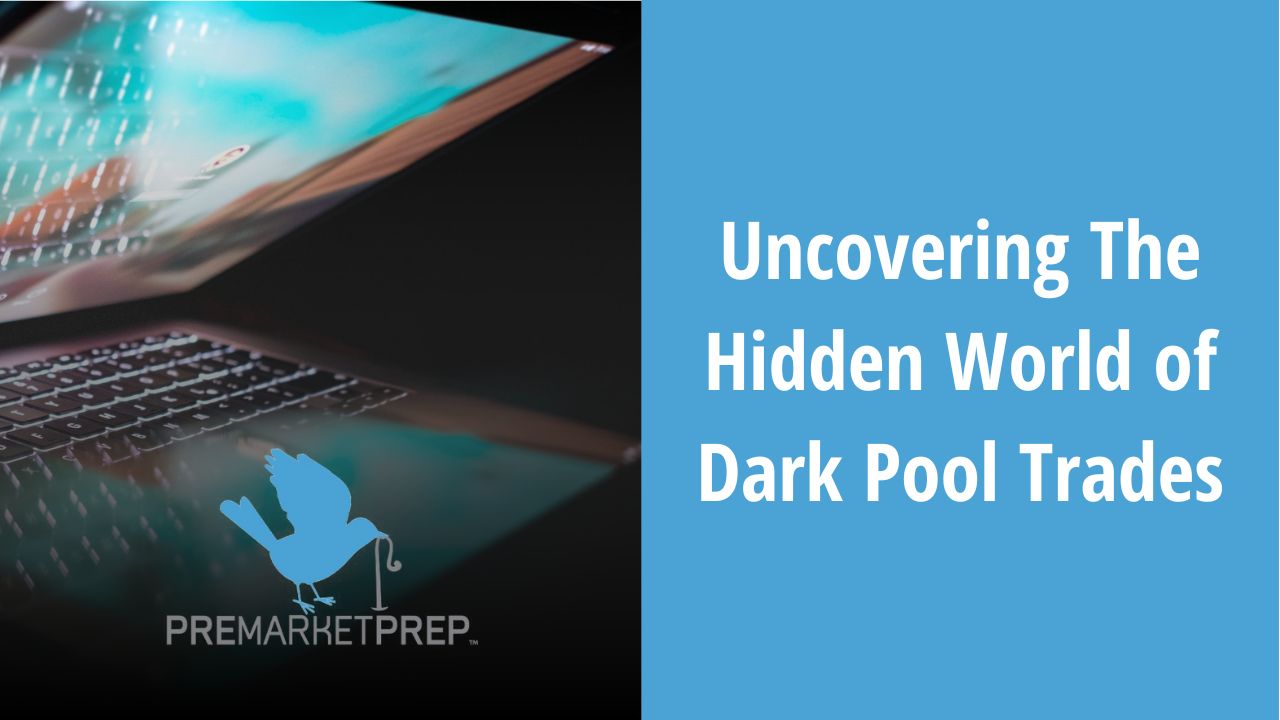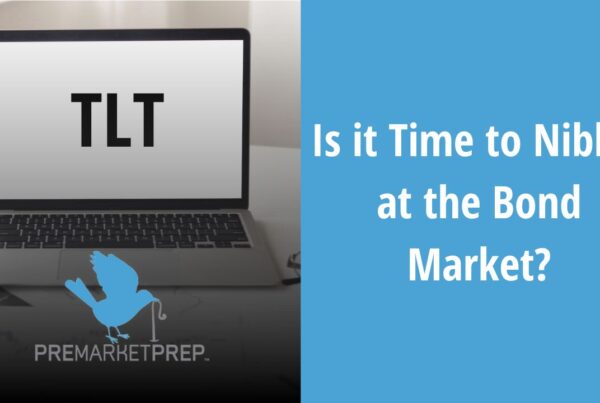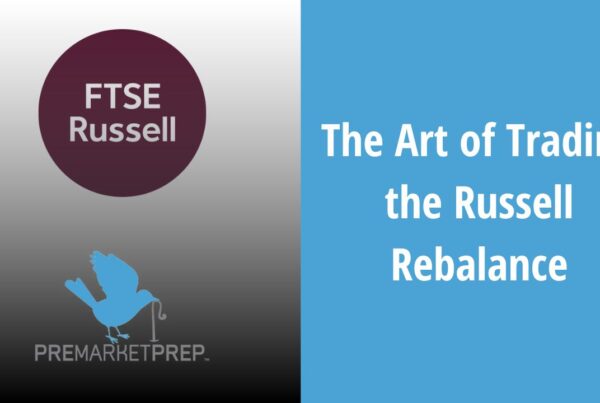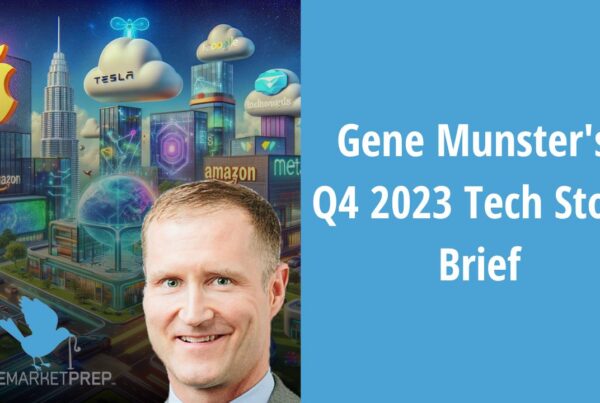Dark pools, as brought up on The Closing Print between Joel Elconin and Dennis Dick, are private exchanges or forums for securities trading, which aren’t openly available to the public. These exchanges primarily function to help institutional investors trade large quantities of securities without significantly impacting the market price. Examples include Liquidnet, Credit Suisse’s Crossfinder and many others offered by large financial institutions like Goldman Sachs.
Contrary to a common misunderstanding, not all off-exchange trading is conducted through dark pools. Off-exchange trading is a broad term that also includes trading via market makers like Citadel. In these cases, instead of a direct buyer-to-seller transaction as in a dark pool, market makers like Citadel take the other side of a trade before matching it with another party, playing a middleman-like role.
However, the lack of clarity and information about off-exchange trading is a cause for concern, particularly because it represents a significant portion of total trading volume. The FINRA trade reporting facility, which records and publishes the volume of off-exchange trading, does not provide a detailed breakdown, making it difficult for investors and analysts to fully understand the dynamics at play.
Concerns Regarding Dark Pools and Off-Exchange Trading
One potential issue associated with the increased prevalence of off-exchange trading is reduced pre-trade transparency. As more volume goes off-exchange, the market becomes less efficient because it lacks the immediate transparency of orders that would otherwise be visible on public exchanges. This could potentially skew the market price of securities.
Moreover, as Dennis points out, the issue is not solely about speed or high-frequency trading. Market makers like Citadel and Virtu, through their relationships with retail brokers, can trade directly against retail orders, taking speed and public competition out of the equation.
Regulatory Response and the Future of Dark Pools
Regulators have been aware of these issues for some time. As of 2023, they are considering measures to increase transparency and make equity markets more efficient. However, significant change may be slow in coming. Gary Gensler, the head of the SEC, has shown understanding of the issues and is exploring possible remedies, but it remains to be seen whether these efforts will yield meaningful improvements.
Dennis himself has been involved in advocating for market structure reforms for many years. As a member of the Capital Markets Policy Council at the CFA Institute from 2010 to 2016, he met with regulators multiple times and contributed to policy papers.
In conclusion, dark pools and off-exchange trading are essential aspects of today’s financial markets. They provide certain benefits but also pose challenges regarding transparency and efficiency. The increasing volume of off-exchange trading amplifies these concerns. While there are ongoing discussions about potential solutions, market participants and observers alike must stay informed about these dynamics.






